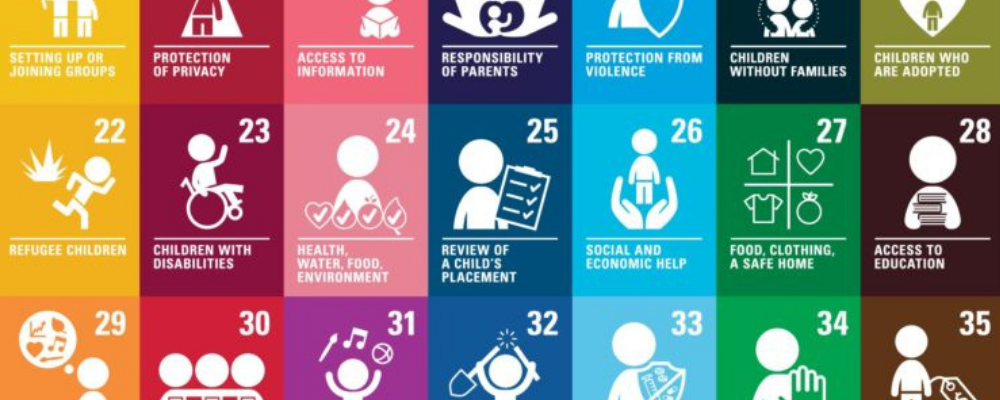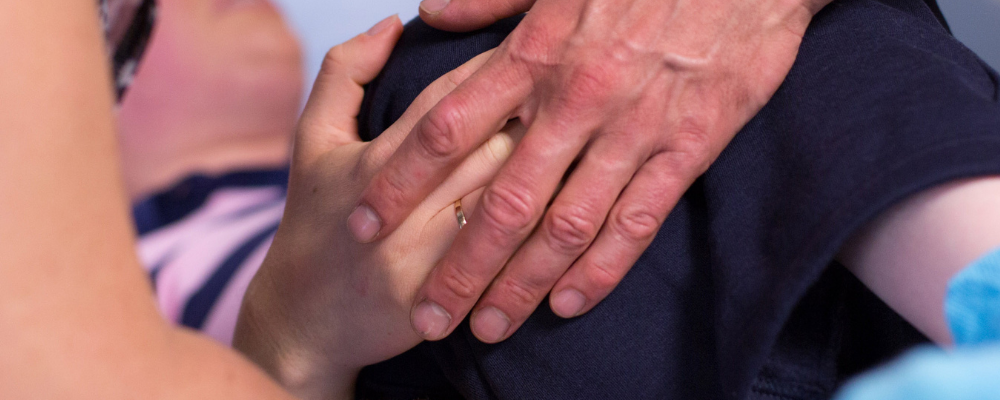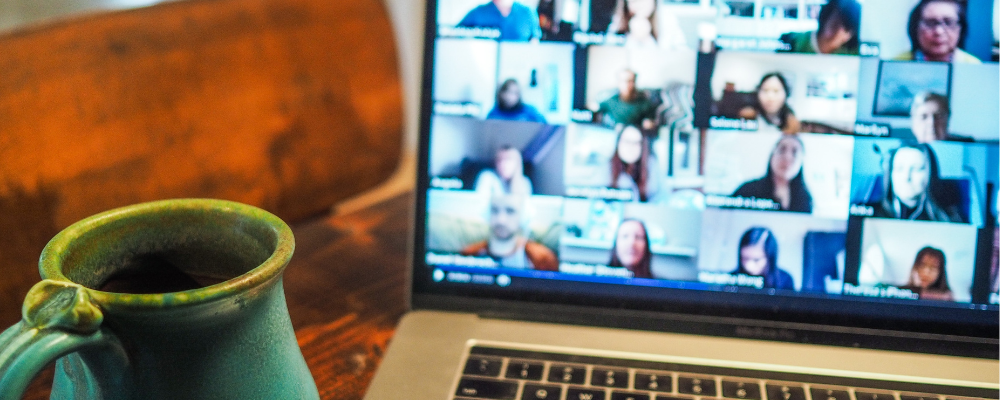Do you know about the United Nations Convention on the Rights of the Child?
Every child has rights and protections under international law. What does this mean for a child with cerebral palsy?
The United Nations Convention on the Rights of the Child (UNCRC) is an important international agreement that protects children around the world and gives them rights to a safe, equal and healthy life.
There are 54 articles that set out these rights and cover a huge range of issues from the right to a registered name and nationality, to education, protection from abuse and play.
Article 23 specifically sets out the rights of children with a disability:
A child with a disability has the right to live a full and decent life with dignity and, as far as possible, independence and to play an active part in the community. Governments must do all they can to support disabled children and their families.”
Children should know about their rights and have the chance to ask questions about them.
The Scottish Government has produced a guide to help children and young people understand the UNCRC.



